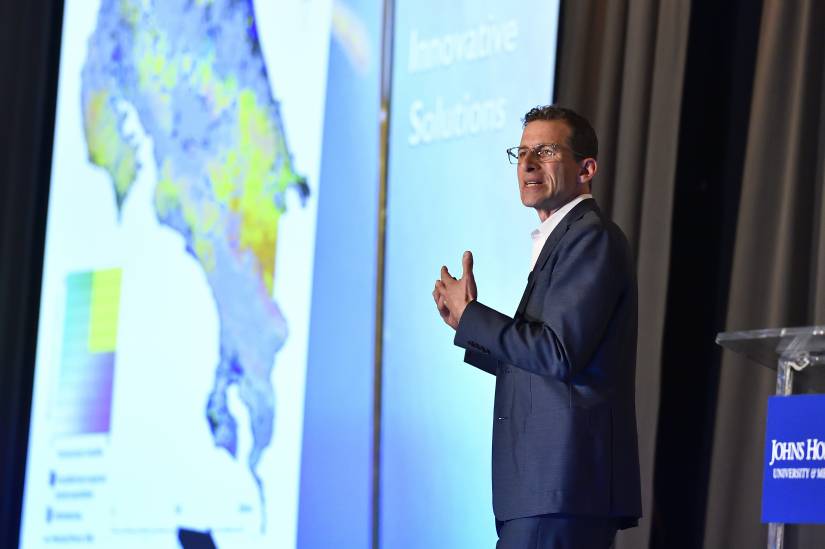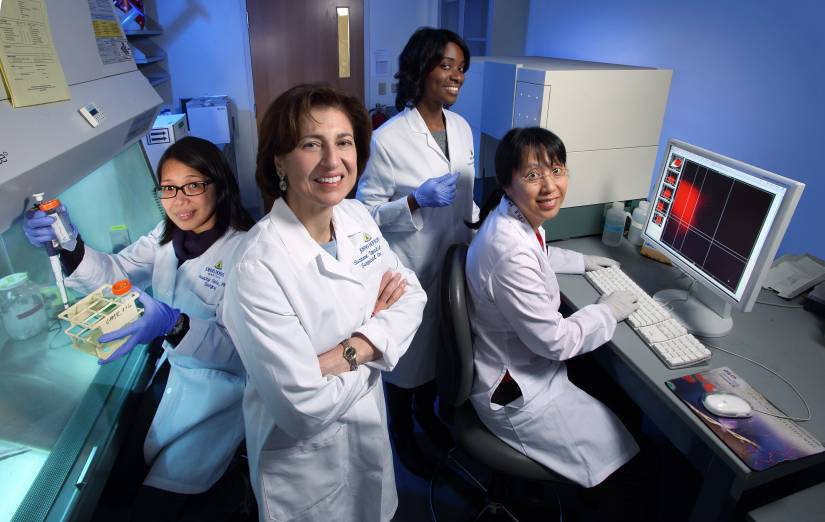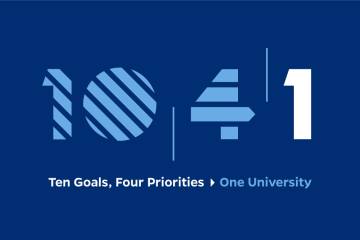Download The Ten for One Strategic Framework
Time and again, we have demonstrated that when we strive and dream together, we can expand the horizons of knowledge and impact the world in extraordinary and indelible ways. Now is our chance to do so again. This strategic framework sets out ten new goals for Johns Hopkins University through 2030 under four organizing pillars: One University, Individual and Collective Excellence, Knowledge and Impact, and Community Partnership and Economic Opportunity for Baltimore and the other communities of which we are a part. We look forward with great anticipation to all that lies ahead and all that we will achieve together—as One University.









